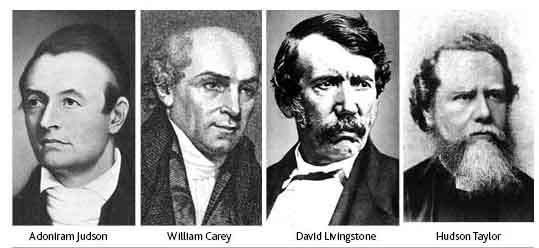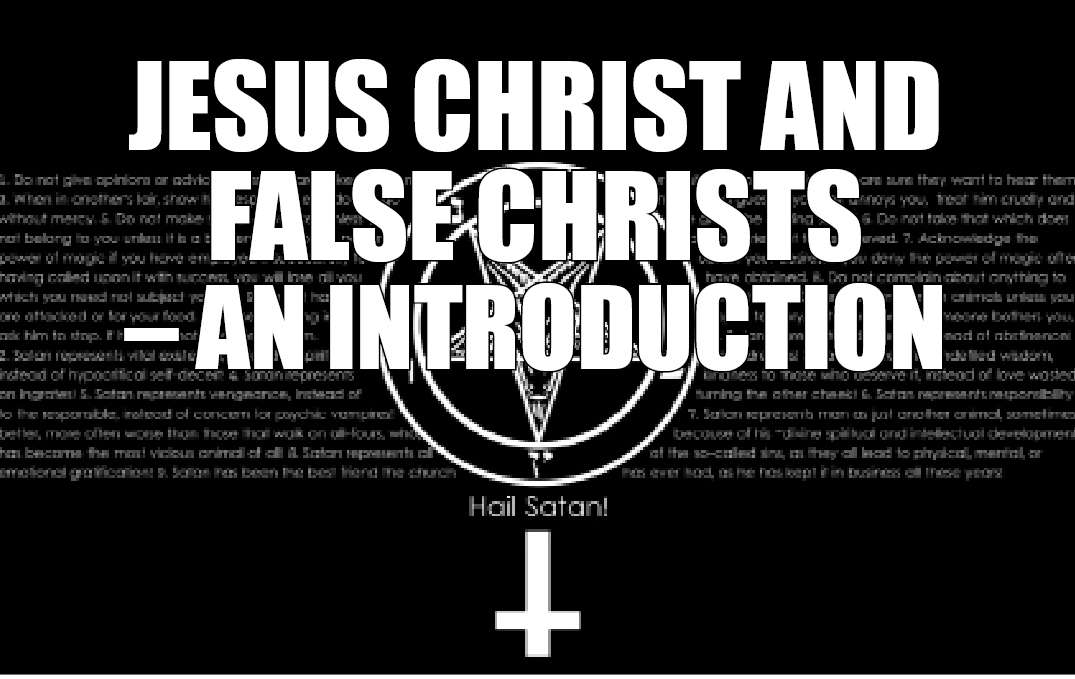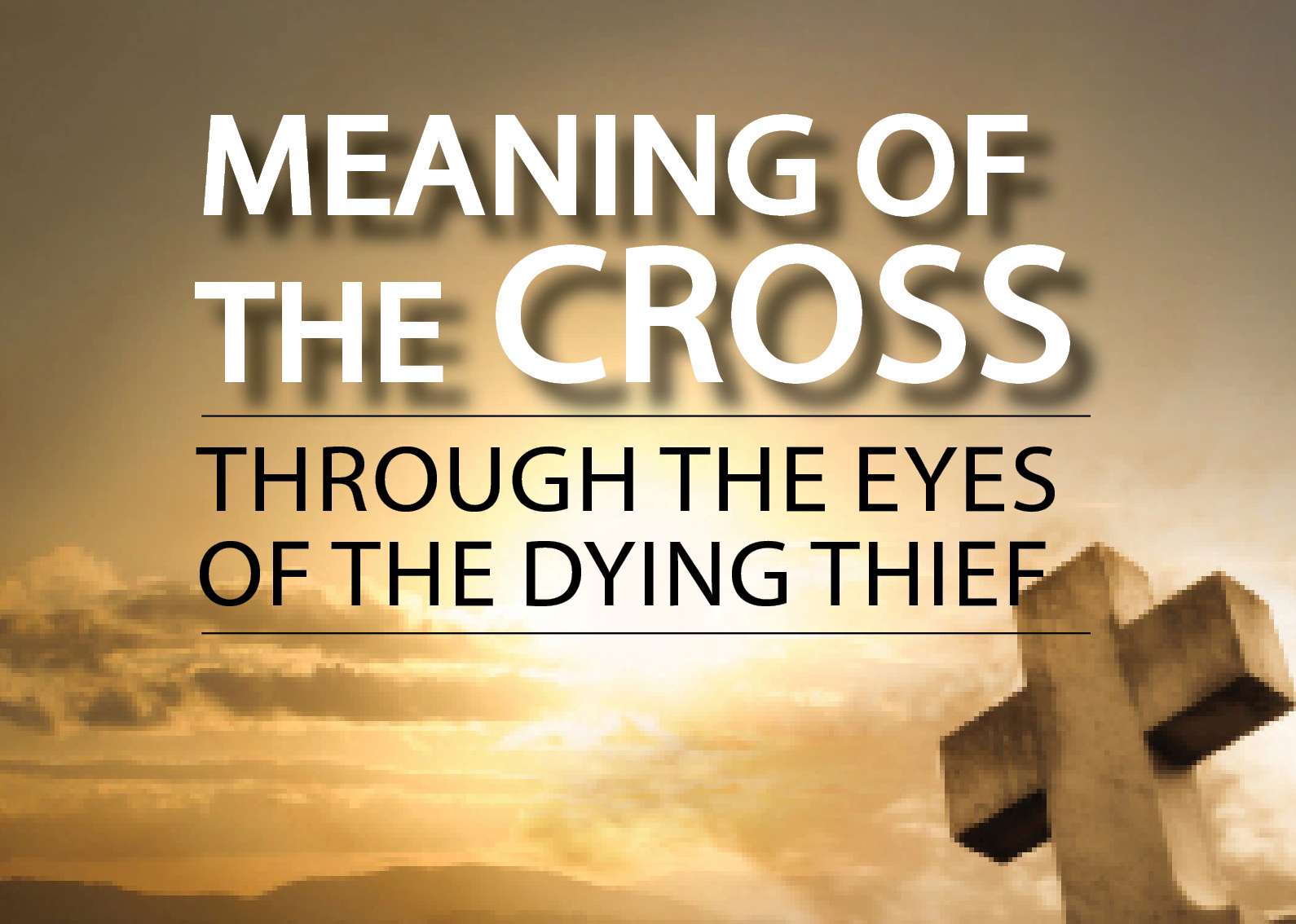

Circumcision of the Flesh or Heart?
Dr. Kris A. Jackson
The difference between the outward observance of the Mosaic law and the inward experience of the heart was clearly stated by the Apostle Paul – “For he is not a Jew, which is one outwardly; neither is that circumcision, which is outward in the flesh: But he is a Jew, which is one inwardly; and circumcision is that of the heart, in the spirit, and not in the letter; whose praise is not of men, but of God” (Romans 2:28,29). Carefully following the Old Testament rulebook enabled many to boast in the flesh, but it did not prove any transformation of the heart, which was the true aim of the Holy Spirit. There are, of course, men and women who are Jews by physical descent, the natural children of Abraham, to whom the promise of the fathers was given, but there are others, not of Abrahamic bloodline, who show forth the nature of a true Jew through faith in Christ and reception of a brand new life, which is by grace and not of works “lest any man should boast.”
Circumcision is one of those ancient covenant rituals which has an important purpose and effect when obeyed in the correct light but can become another yoke of bondage when seen as a religious observance somehow required to please God. Just as Paul taught that obeying a certain dress code, observance of a particular holy day, celebrating festivals of new moons and so forth had nothing to do with a person’s justification before God, so whether a male has been circumcised is not a prerequisite to salvation. Nor is it an aid to salvation. But like any observance of something commanded in the Bible, a person, in my judgment is better off obeying the command than rejecting it. Such observances are matters of personal conviction, led by the Holy Spirit, not laws written in tablets of stone that a person had better follow … or else!
Taking the mark
I’m not talking about the mark of the beast, rather the mark of consecration before God. “And you shall circumcise the flesh of your foreskin; and it shall be a token of the covenant between me and you” (Genesis 17:11). Circumcision left a distinguishing mark on the flesh. God’s men are marked men. “Token” there means a sign or proof, something that certifies. The rainbow was God’s token that He would not destroy the earth again with a flood. The Passover lamb’s blood on the door was a visible token. Smeared blood on the ear of the redeemed leper and consecrated priest were tokens of their commitment to God.
Similarly, circumcision was a physical mark or sign that a person had been set apart for God. Paul was circumcised the eighth day. Jesus was taken to the temple and circumcised according to the Law. Acts 7:8 calls it the “covenant of circumcision”. It was intended to be an external sign of an internal work. Like water baptism. Like partaking of the communion elements. Or bringing one’s tithes to the altar. To do any of these with an impure or undedicated heart would negate their purpose – “For circumcision verily profits, if you keep the law: but if you be a breaker of the law, your circumcision is made uncircumcision” (Romans 3:25). That principle should be easy to comprehend.
Obeying the command
The Jerusalem Council gathered to settle the matter of whether Gentiles had to be circumcised. The Pharisees believed the practice was mandatory for acceptance before God. After deliberation, the whole assembled council agreed that Gentiles are not under the law and should only be required to abstain from fornication, eating blood and things sacrificed to idols (Acts 15:20,29). They chose to simplify, not amplify the rulebook. Various “Christian” sectors today have their own lists, some long and tedious, and some questionably abbreviated.
I find it interesting that after the council met and decided circumcision was not required of the Gentiles, in the very next chapter Paul circumcised Timothy whose father was a Greek (Acts 16:1-3). Timothy’s mother was a “Jewess”, but he was not under any Jewish legal constraint. Instead, Timothy willfully submitted to circumcision, which tells me that adherence to religious law is a matter of conviction, not legislation. He chose circumcision in the flesh as an outward symbol of his circumcised heart.
We know that a person can keep the fine points of the law yet be full of the devil – “For there are many unruly and vain talkers and deceivers, especially they of the circumcision” (Titus 1:10). Paul added, “Circumcision is nothing, and uncircumcision is nothing, but the keeping of the commandments of God” (1 Corinthians 7:19). And again, “For in Jesus Christ neither circumcision avails anything, nor uncircumcision; but a new creature” (Galatians 6:15). He was looking for change in men’s hearts, not changes in their physical appendages.
Abraham was justified by faith before he submitted to circumcision (Romans 4:9-12). Paul spoke of a spiritual cutting “made without hands” (Colossians 2:11). The New Living Translation said it was not “a physical procedure”, but that “Christ performed a spiritual circumcision – the cutting away of your sinful nature”.
Cutting the flesh
Rather than honor the strict proponents of circumcision, Paul wrote, “Beware of the concision” (Philippians 3:2). The Greek word used is katatome which alludes to mutilation. It is a play on the word translated as circumcision, peritome. God hasn’t required blood from any of us, let alone mutilation. The simple incision of an eight-day old child is certainly not katatome. The Christian faith is not a heavy burden. His commands are not grievous, nor do they draw blood like some medieval priest flagellating himself in soulish remorse.
Goliath was chided as an “uncircumcised Philistine”. My question is, who did the examination? Paul spoke of “false brethren” who came in “by stealth to spy out our liberty which we have in Christ” (Galatians 2:4). Yes, that means exactly what it says. Someone was spying in the men’s room to see whether the Galatian believers bore the Abrahamic “mark”. Believe it or not, we still have such spies doing similar exams today.
What then is the deeper meaning to the cutting of the flesh? For sure, it signifies the removing of the evil tendencies of the old, fallen nature. Joshua called for “sharp knives” for circumcising the males that would enter the Promised Land (Joshua 5:2). We need sharp, cutting-edge preaching in this day of moral laxness and religious lukewarmness. There was a recovery time when the circumcised were “sore” (Genesis 34:25). The problem with today’s easy-believism is that once a pastor cuts away at a member’s carnal nature, the same member runs to the church down the street where an eager pastor comforts the bleeding disciple and undoes everything the Holy Spirit is trying to accomplish.
It was every father’s responsibility to circumcise his own son. We have few today willing to humbly surrender to the ministry of a caring yet serious spiritual father. Circumcision is the cutting of what is loose and unwashed, what swells up, like an inflated ego, you get the picture. I hate to even use such picture language.
And I might say to the pastor or mentor that mishandling the circumcision process can cripple a man’s ability to reproduce just as a misstep with a sharp knife could cripple one of Abraham’s precious sons. Circumcision is delicate surgery, to say the least, and is always performed in private. Plus, a father, pastor, or man of God, has no right to excuse himself for not performing the ministry of the sharp blade. Moses’ wife circumcised his son and threw the foreskin at his feet because he refused to do what all Hebrew males were commanded to do (Exodus 4:24-27).
Every Israelite male was to be circumcised (Genesis 17:10). It mattered not if they were eight days old or eighty years old. Abraham was ninety-nine when he went under the knife (Genesis 17:24). No one is too old to be reproved for righteousness’ sake. Circumcision was required before partaking of Passover, by which we can assume that the same cutting away of the old nature is mandated for New Testament communion (Exodus 12:44,48).
Circumcising the heart
Exodus gave the original Law; the stone tablets that were broken at the foot of Mt. Sinai. Deuteronomy is the second law, symbolic of a new order, the law of the Spirit of life in Christ Jesus. It dealt more with the heart than the physical flesh. Check out a couple of samplings – “Circumcise therefore the foreskin of your heart, and be no more stiff-necked” (Deuteronomy 10:16. The purpose of the cutting is to be severed away from the world and separated unto God – “And the LORD your God will circumcise your heart, and the heart of your children, to love the LORD your God with all your heart, and with all your soul, that you may live” (Deuteronomy 30:6). You may feel like this “dying to self” business is killing you, but the end result is always “that you may live”.
They accused Paul of urging parents to forsake Moses and not circumcise their sons (Acts 21:21). He did nothing of the sort. Instead, he directed them to a circumcision that takes place in the heart, a severing that frees people from the loose, undisciplined, cloaked shame of their old natures. I really want to go so far as to say that this circumcision is the baptism of the Holy Spirit – “For we are the circumcision, which worship God in the spirit, and rejoice in Christ Jesus, and have no confidence in the flesh” (Philippians 3:3). Cloven tongues were the token sign on the Day of Pentecost. The prefix “circum” means that the incision is around the full circumference of our lives. We are to walk “circumspectly” in all things (Ephesians 5:15), not just changed down in our hearts, but in our thoughts, actions and ways, literally in the foreskin of our entire lives, something that cannot be accomplished short of a baptism of the very nature of Christ.
Hoping no one misinterpreted my illustrations of the circumcision process. No, circumcision is not a requirement for New Covenant salvation, but yes, it is reflective of the sharp, painful slicing away of the old nature by God, the Holy Spirit. Many divine workings make the “old man”, the old Adam, cringe or become sore. But we are talking about organs or instruments of reproduction. The cloven heart with its cloven tongue shakes the powers of hell and brings a harvest to the foot of the cross.




































